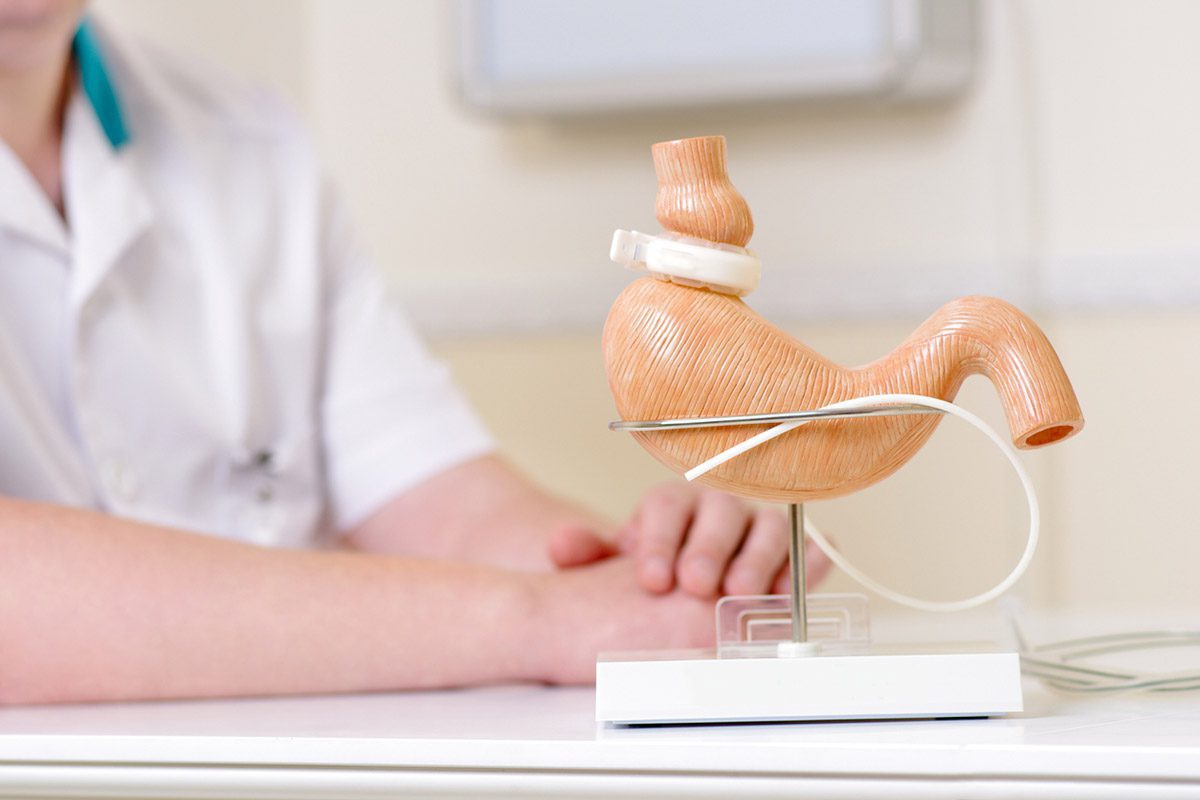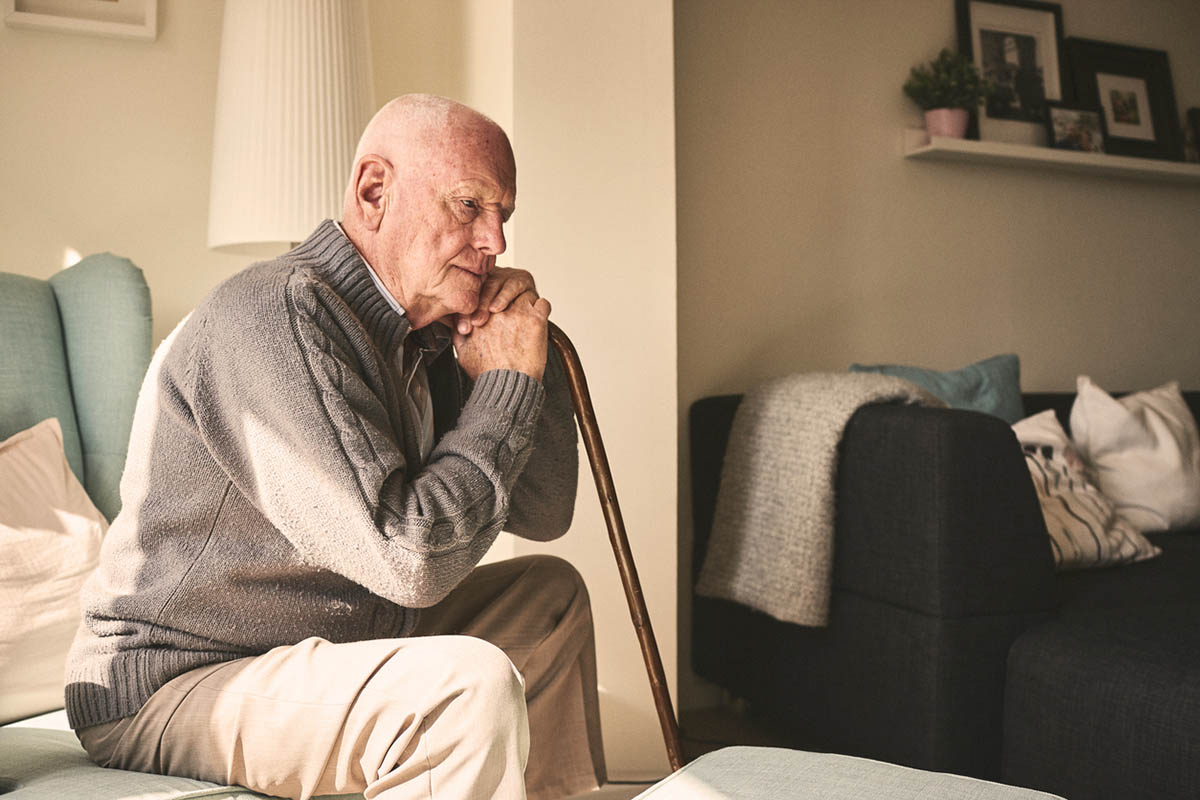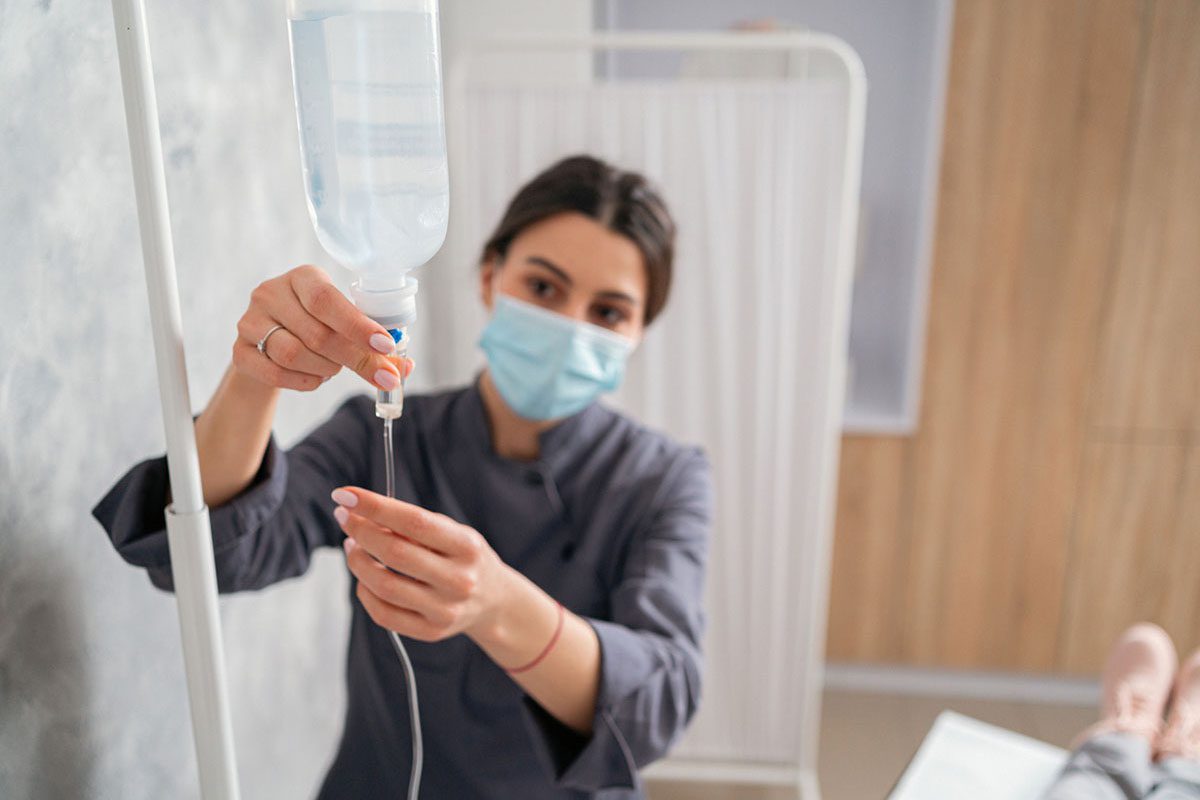Risks in Discontinuation Trials With Antidepressants
To the Editor: US Food and Drug Administration investigators recently reported on "maintenance trials for major depressive disorder" submitted for regulatory review, based, remarkably, on anonymous sources and unspecified treatments.1 Trials involved initial, randomized treatment for acute depression followed by re-randomization to continue successful treatment or discontinue to placebo up to another 8.88 (95% CI, 6.68-10.3) months. All 15 trials found significantly later relapses with antidepressants than with placebo.1 Because such consistent superiority of antidepressants over placebo is very unusual,2,3 trial design may have had an important influence. Only subjects responding, in the short term, to a test drug could enter a discontinuation phase, with inevitable selection bias. As brief periods of "clinical stabilization" were allowed before discontinuation of treatment, participants probably varied in degree of partial recovery. It is not reported whether there were systematic attempts to remove treatment gradually so as to limit risk of discontinuation-associated relapses, which can arise over many weeks after discontinuing antidepressants and are sensitive to drug discontinuation rate.4
A total of 1,743 recovering subjects were re-randomized to placebo, and 2,131 were randomized to continue antidepressant treatment. Data reported support random-effects meta-analysis of relapse rates (36.2% [95% CI, 30.2%-42.1%] with discontinued vs 18.4% [13.2%-23.7%] with continued antidepressants), which indicates a highly significant pooled placebo-over-drug relapse rate-ratio (RR = 1.84 [1.66-2.03]; z = 8.38, P < .0001). In only 1 trial (L) was the drug-placebo difference nonsignificant (RR = 1.41, 0.95-2.08), contrasting to uniform success based on survival analysis of time to relapse1—an outcome measure that remains insufficiently evaluated for application to therapeutic trials.5
Most placebo-relapses occurred within 1-3 months, when drug-placebo differences were substantial, but the differences were much smaller thereafter (see Figures 1-3 in article).1 This pattern may simply indicate that more vulnerable persons relapsed earlier, or it may reflect treatment discontinuation stress.4 More prolonged clinical stability may reduce such effects: trial N provided little clinical stability following initial improvement and yielded placebo and drug relapse rates of about 23% and 11%, respectively, at 1 month, but no difference by 6 months, whereas trial O required 3 months of initial clinical stability, with few relapses at 1 month (drug/placebo rates: 8%/5%) and even fewer later (see Figure 4 in article).1 Accordingly, early treatment discontinuation may well have contributed to high, early placebo-associated relapse rates. Unresolved is whether even 12 weeks of stability is sufficient to eliminate the risk associated with rapid removal of ongoing treatment in recovering depressed patients, given the substantially longer duration of many untreated depressive episodes.6-10
Such trials can, at best, test for effects on "relapses" (same episode) rather than "recurrences" (new episodes) of depression, since symptomatic exacerbations occurred within the first several months after initial improvement.1 In untreated major depression, episode duration ranges from 3-12 months, with recurrences typically within 1-2 years.5-8 The reported findings indicate a compelling, adverse impact of discontinuing antidepressant treatment soon after initial symptomatic improvement in acute depression. A prudent clinical conclusion is that discontinuing antidepressant treatment within several months following initial clinical improvement of acute major depression is risky and likely to lead to potentially dangerous relapses.10
Dr Borges was shown this letter and declined to comment.
References
1. Borges S, Chen Y-F, Laughren TP, et al. Review of maintenance trials for major depressive disorder: a 25-year perspective from the US Food and Drug Administration. J Clin Psychiatry. 2014;75(3):205-214. PubMed doi:10.4088/JCP.13r08722
2. Baldessarini RJ. Chemotherapy in Psychiatry. 3rd ed. New York, NY: Springer Press; 2013. doi:10.1007/978-1-4614-3710-9
3. Undurraga J, Baldessarini RJ. Randomized, placebo-controlled trials of antidepressants for acute major depression: thirty-year meta-analytic review. Neuropsychopharmacology. 2012;37(4):851-864. PubMed doi:10.1038/npp.2011.306
4. Baldessarini RJ, Tondo L, Ghiani C, et al. Illness risk following rapid versus gradual discontinuation of antidepressants. Am J Psychiatry. 2010;167(8):934-941. PubMed doi:10.1176/appi.ajp.2010.09060880
5. Baldessarini RJ, Tondo L, Lepri B. Correlation of initial wellness with long-term morbidity in recurrent major affective disorder patients as a test of survival analysis. J Clin Psychopharmacol. 2010;30(1):72-75. PubMed doi:10.1097/JCP.0b013e3181c9fdd3
6. Kanai T, Takeuchi H, Furukawa TA, et al. Time to recurrence after recovery from major depressive episodes and its predictors. Psychol Med. 2003;33(5):839-845. PubMed doi:10.1017/S0033291703007827
7. Posternak MA, Solomon DA, Leon AC, et al. The naturalistic course of unipolar major depression in the absence of somatic therapy. J Nerv Ment Dis. 2006;194(5):324-329. PubMed doi:10.1097/01.nmd.0000217820.33841.53
8. Eaton WW, Shao H, Nestadt G, et al. Population-based study of first onset and chronicity in major depressive disorder. Arch Gen Psychiatry. 2008;65(5):513-520. PubMed doi:10.1001/archpsyc.65.5.513
9. Holma KM, Holma IAK, Melartin TK, et al. Long-term outcome of major depressive disorder in psychiatric patients is variable. J Clin Psychiatry. 2008;69(2):196-205. PubMed doi:10.4088/JCP.v69n0205
10. Baldessarini RJ, Lau WK, Sim J, et al. Duration of initial antidepressant treatment and subsequent relapse of major depression. J Clin Psychopharmacol. In press.
Author affiliation: Department of Psychiatry, Harvard Medical School, Boston, Massachusetts.
Potential conflicts of interest: None reported.
Funding/support: Supported, in part, by a grant from the Bruce J. Anderson Foundation and by the McLean Private Donors Research Fund.
J Clin Psychiatry 2014;75(12):e1443 (doi:10.4088/JCP.14lr09255).
© Copyright 2014 Physicians Postgraduate Press, Inc.





